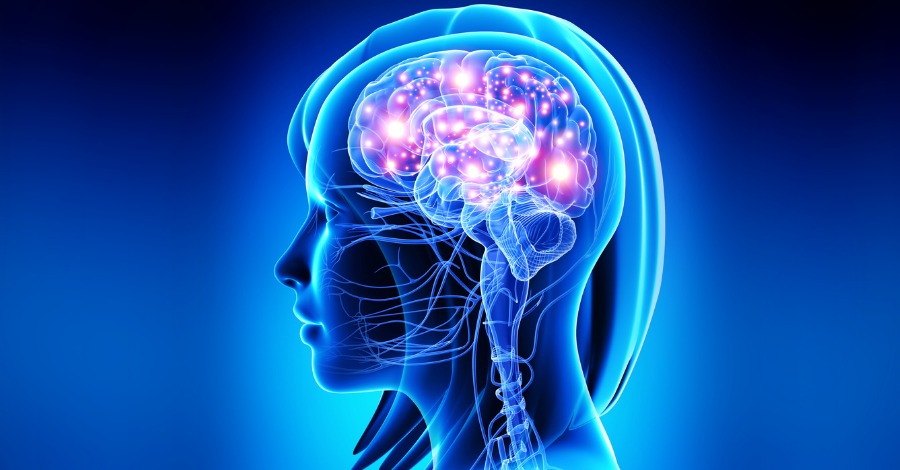As Michio Kaku once remarked, “Sitting on your shoulders is the most complicated object in the known universe”. So why not discover as much as you can about it right now? I find it vital for us to understand and learn how the brain operates. We all have one. So, we should share some interest in this topic, right? Just by reading some articles and scientific studies about how simple and complex actions take place, like remembering a song sang to you as a baby or clutching your fist, we get closer to understanding how our everyday actions are carried out. How do our bodies carry out actions? How are those brain signals being relayed that fast? It’s a crazy thought if you sit and think about it, almost magical. How do our brains send signals to other parts of our body to perform actions? How does a simple action like looking down at your feet and moving your toes possible to do in a nanosecond? If you do not know the exact answer to that, then reading up on some neuroscience articles should be on your list of priorities. Why not expand your knowledge? The more we study what is normal brain function, the easier it becomes for us to recognize what may be abnormal when something feels wrong. Therefore, I chose the topic of neuroscience to translate to the public this semester. I want to get this information out to the public in a CLEAR, and easily comprehensible manner. A lot of scientific journals that you find often stick to scientific jargon when relaying information to the public, which makes it difficult for the reader to stay engaged and comprehend all the information that is flowing at them. I want to get that information out in a simpler way that both keeps people engaged and shows them how important brain health is, especially as you get older.
I plan on exploring, the limits of our brains, new/existing studies on the causes of certain brain ailments and disorders like Alzheimer’s, how to maintain good brain health as we age, and how our brains are being implemented in today’s advancing society of technology. This pulls in the technology crowd, the scientific crowd, the curious crowd, and those who can identify with certain brain ailments or know someone who has. We can ALL learn together. I will do the research, and everyone else tune in. I already know why certain actions take place in our brains, like how we sustain our memories, how thirst and hunger relate to our brains and what triggers it, how to repair brain function after a stroke, and ways to sustain your brain health and increase brain activity. I want to discover how the brain links to Alzheimer’s. What occurs to get us there? I researched a few articles on the topic before, and read that scientists are still unclear on what causes the disease. But, there has been studies developed around genes being a factor. There seems to be a correlation between the gene/chromosome that causes Down syndrome and Alzheimer’s disease, but researchers have not found what that link is just yet. So, I would like to delve deeper into that subject and find more studies that can provide me with better answers as to why this disease occurs. Do poor eating habits play into effect? Lack of brain stimulation, as you get older? Is poor memory as an adolescent a factor, when you don’t work to improve it? This all interests me, and I’m sure someone else out there who may not be a scientist, or expert researcher, might want to know as well.




